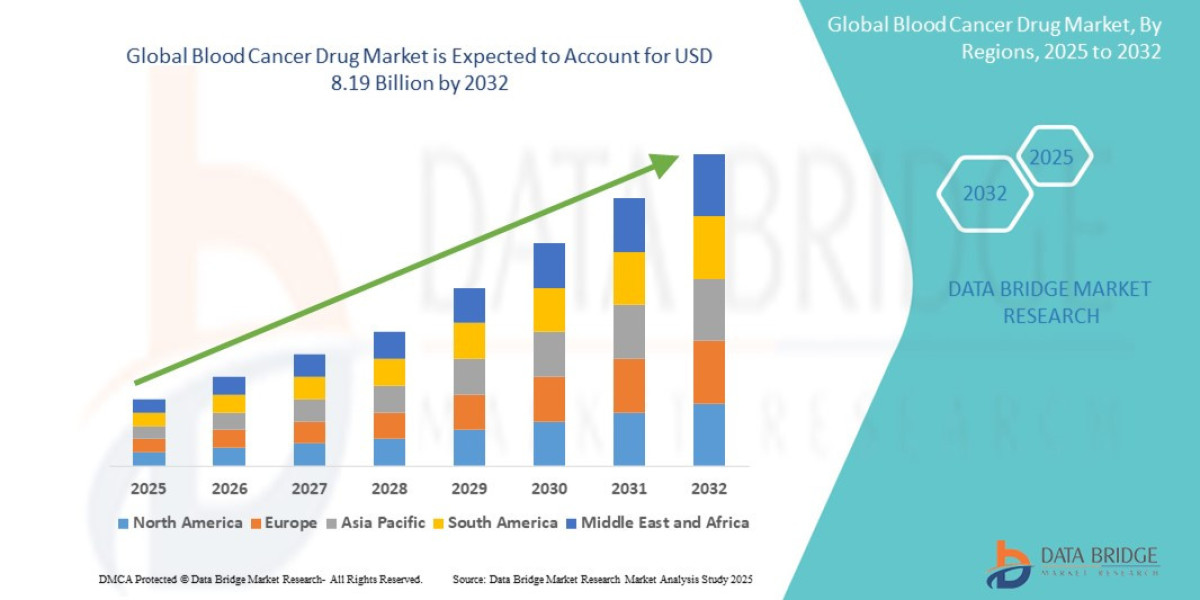In the ever-evolving world of B2B marketing, crafting campaigns that drive measurable impact has become both an art and a science. As buyers become more informed, expectations for value-driven, personalized experiences are at an all-time high. In this environment, B2B marketing campaigns must do more than just generate leads—they must build trust, educate, and guide prospects through a complex buying journey.
At Acceligize, we’ve seen firsthand that the most impactful B2B campaigns don’t happen by chance. They’re strategically crafted, data-informed, and aligned to both buyer needs and business outcomes. This comprehensive guide explores the key components of impactful B2B marketing campaigns and how you can build them for lasting success.
Understanding the Modern B2B Landscape
B2B marketing is no longer just about broadcasting features and benefits to a passive audience. Today’s buyers:
- Conduct extensive independent research before engaging with sales
- Expect relevant, personalized content
- Navigate through multi-touch, multi-stakeholder journeys
- Rely on peer insights, case studies, and proof points
This shift demands campaigns that are not only creative and well-timed, but grounded in strategy and buyer behavior insights.
The Foundation: Defining Goals and KPIs
Every successful B2B campaign starts with clearly defined objectives. Are you:
- Building brand awareness in a new market?
- Educating prospects on a new product or service?
- Driving MQLs for your sales team?
- Nurturing leads already in the pipeline?
Once goals are established, identify the right key performance indicators (KPIs) to measure progress, such as:
- Engagement rates (clicks, opens, downloads)
- Conversion rates at each funnel stage
- Cost per lead (CPL)
- Sales-qualified lead (SQL) volume
- Opportunity-to-close ratios
Without precise goals and KPIs, it’s nearly impossible to gauge campaign success or optimize over time.
Know Your Audience: Deep Buyer Insights
Impactful campaigns are built around a deep understanding of your audience. Start by:
- Developing or updating buyer personas
- Mapping the buyer journey—awareness, consideration, decision
- Analyzing intent data to identify pain points and motivations
- Interviewing customers to uncover insights and voice-of-customer (VoC) input
The more you know about your audience’s industry, role, goals, and challenges, the better you can tailor messaging, content, and timing.
Crafting the Message: Value-Driven Storytelling
The core of any B2B campaign is its message—and it must resonate.
Rather than focusing on features, focus on value. Answer the question: How does this help my prospect solve a real problem or achieve a business goal?
Use storytelling to humanize complex topics. Include:
- Real-world success stories and use cases
- Data-backed outcomes
- Emotional drivers (saving time, reducing risk, enabling innovation)
Your message should shift slightly across the funnel stages:
- Top of funnel: Broad educational themes, industry challenges
- Middle of funnel: Solution-oriented narratives and differentiation
- Bottom of funnel: Specific ROI, client testimonials, and sales enablement
Choosing the Right Channels
A strong campaign meets your audience where they are. The most impactful B2B campaigns blend owned, earned, and paid media to drive engagement across touchpoints.
Some of the most effective channels include:
- Content syndication (to reach niche audiences at scale)
- Email marketing (for nurturing and personalization)
- Webinars and virtual events (for education and interaction)
- LinkedIn ads and sponsored content (for targeted reach)
- SEO and organic blog content (to attract inbound interest)
- Account-Based Marketing (ABM) tactics (for high-value targets)
The channel mix should reflect both your audience’s preferences and your campaign goals.
The Role of Content: Engine of the Campaign
Great content drives every interaction within a campaign. Tailor your content to each stage of the buyer journey:
- Awareness: Blogs, infographics, explainer videos
- Consideration: Case studies, whitepapers, industry reports
- Decision: ROI calculators, product demos, testimonials
Ensure content is:
- Easy to consume (scannable, visually appealing)
- Mobile-friendly
- Optimized for search and lead capture
- Consistent in tone, voice, and brand positioning
At Acceligize, we specialize in distributing content through targeted syndication to maximize visibility and performance across key decision-maker audiences.
Campaign Orchestration: Timing and Automation
Timing is critical in B2B marketing. Campaign orchestration—planning how and when assets are deployed—is what turns strategy into impact.
Leverage marketing automation to:
- Personalize messages based on behavior or demographics
- Trigger follow-ups based on engagement
- Score leads in real time
- Nurture contacts through drip campaigns
Automation platforms help ensure the right message is delivered at the right time, without overwhelming your internal resources.
Aligning with Sales for Seamless Handoffs
One of the biggest challenges in B2B marketing is alignment between marketing and sales. Campaigns become truly impactful when both teams:
- Agree on lead definitions (MQLs, SQLs)
- Share feedback on lead quality
- Co-create nurture and follow-up playbooks
- Track campaign performance together
Acceligize ensures this alignment by providing marketing-sourced leads that are qualified, validated, and ready for sales conversations.
To know more visit us @ https://acceligize.com/
Measure, Optimize, Repeat
No campaign is perfect on launch day. Continuous improvement is key to maximizing impact.
Use analytics to:
- Identify top-performing channels and content
- Pinpoint where leads drop off in the funnel
- Test subject lines, CTAs, landing page layouts
- Refine audience targeting and messaging
Adopt a test-learn-scale approach. Small changes, like adjusting ad copy or email timing, can yield big gains.
Real-World Example: Impact Through Intent
Let’s say a B2B tech firm wants to launch a campaign to promote a new cybersecurity platform. Rather than blasting a generic message to a wide audience, a high-impact approach would:
- Use intent data to identify accounts researching cybersecurity
- Create a series of targeted assets (e.g., “5 Signs Your Security Stack Is Outdated”)
- Run content syndication and LinkedIn ABM ads to engage decision-makers
- Use progressive email nurture flows to deepen interest
- Alert sales to high-intent behaviors for fast follow-up
By delivering relevance at every touchpoint, the firm sees a significant uplift in both engagement and sales conversion.
Read More @ https://acceligize.com/featured-blogs/impactful-b2b-marketing-campaigns-guide/







